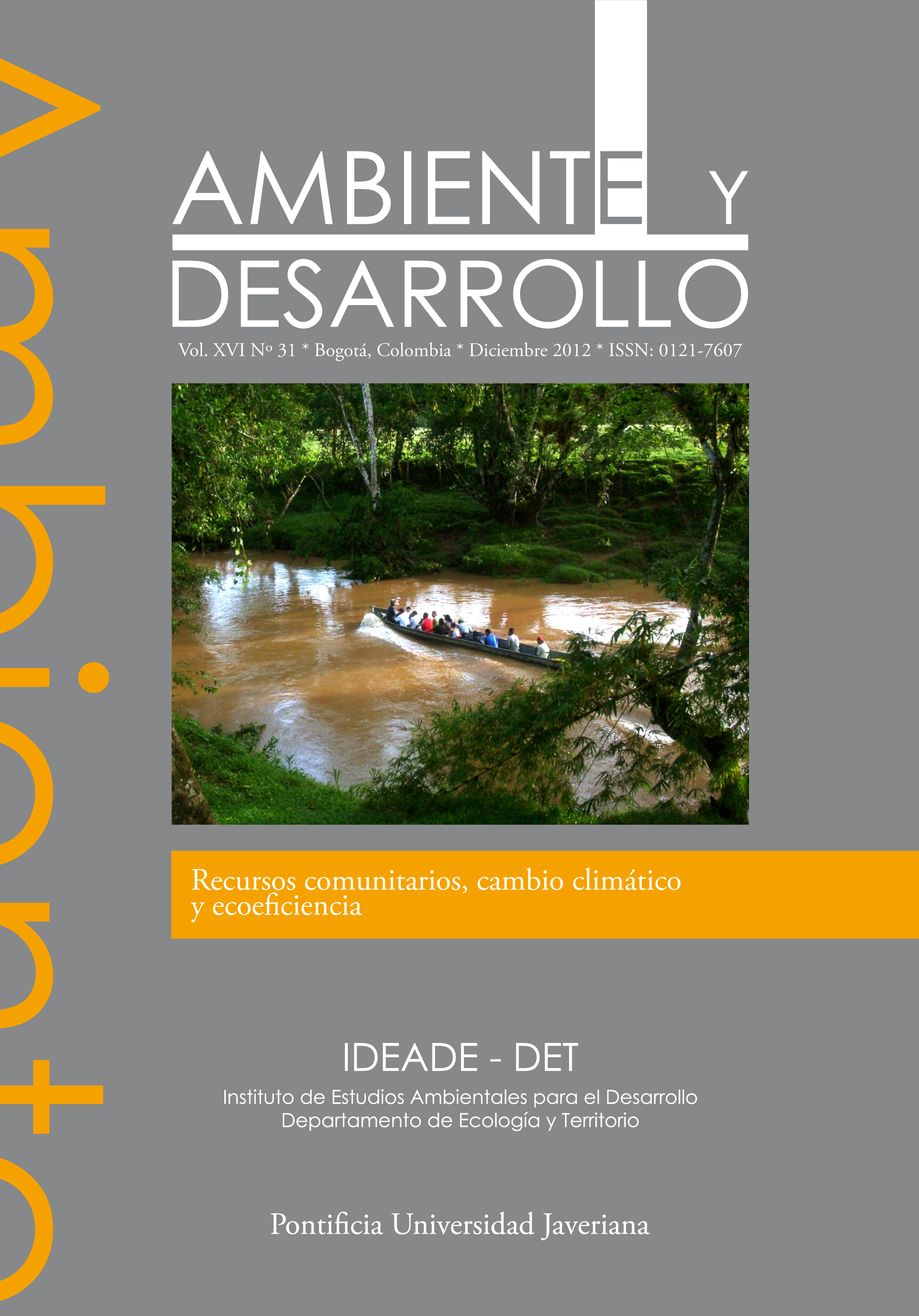Abstract
The objectives of this paper are, firstly, to measure the contribution of tourism to the economic growth of the Cuzco region (Peru) using the Ivanov and Webster methodology; and, secondly, to propose actions to turn the sector into its sustainable development trigger. Our results show a significant impact of this sector on the region’s economic growth and the relevance of community tourism to manage the natural, cultural and archaeological resources of this rural area characterised by a high level of poverty and serious infrastructures shortages and environmental restrictions. The potential negative effects of tourism could be avoided and the entire society could be profited by modifying the tourism development model with the cooperation of the local populationAmbiente y Desarrollo is registered under a Creative Commons Attribution 4.0 International Public License. Thus, this work may be reproduced, distributed, and publicly shared in digital format, as long as the names of the authors and Pontificia Universidad Javeriana are acknowledged. Others are allowed to quote, adapt, transform, auto-archive, republish, and create based on this material, for any purpose (even commercial ones), provided the authorship is duly acknowledged, a link to the original work is provided, and it is specified if changes have been made. Pontificia Universidad Javeriana does not hold the rights of published works and the authors are solely responsible for the contents of their works; they keep the moral, intellectual, privacy, and publicity rights.
Approving the intervention of the work (review, copy-editing, translation, layout) and the following outreach, are granted through an use license and not through an assignment of rights. This means the journal and Pontificia Universidad Javeriana cannot be held responsible for any ethical malpractice by the authors. As a consequence of the protection granted by the use license, the journal is not required to publish recantations or modify information already published, unless the errata stems from the editorial management process. Publishing contents in this journal does not generate royalties for contributors.


